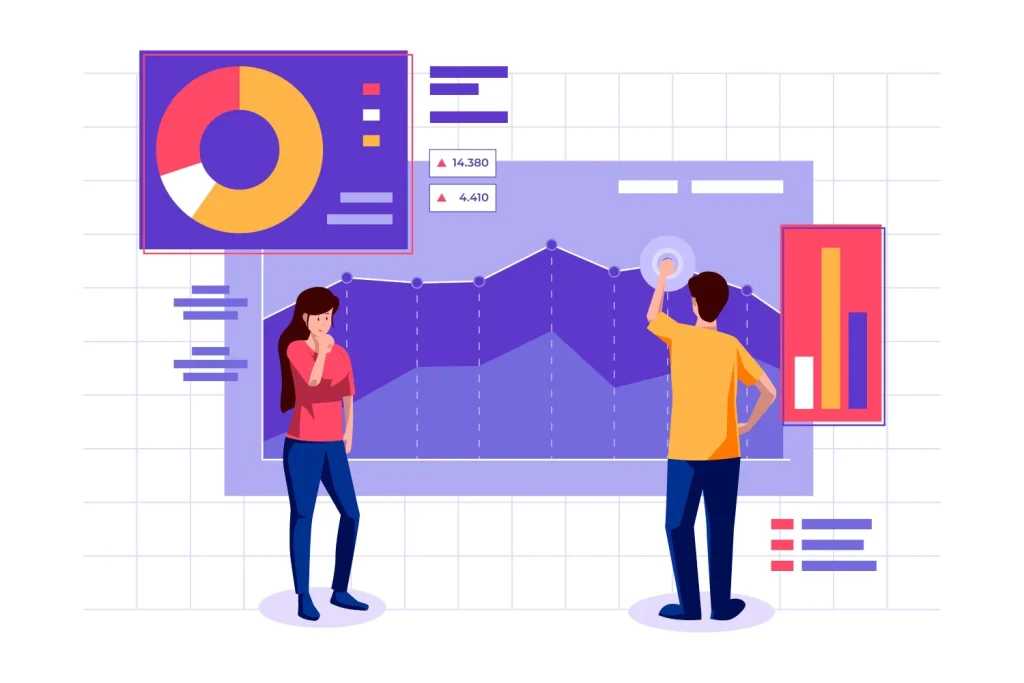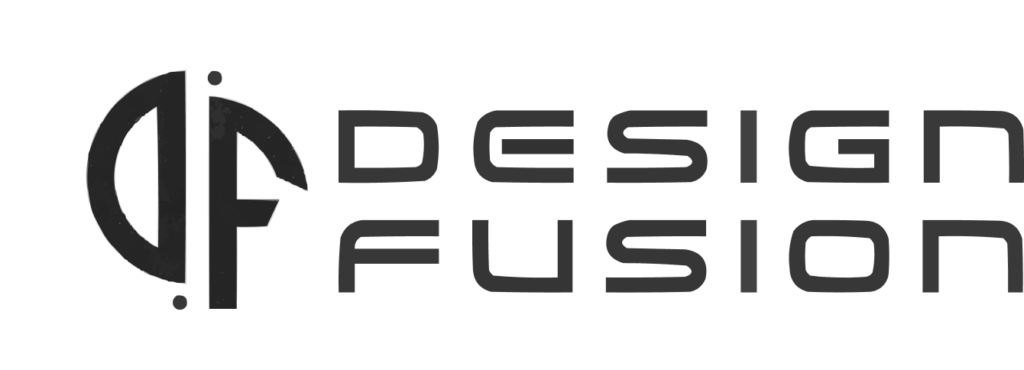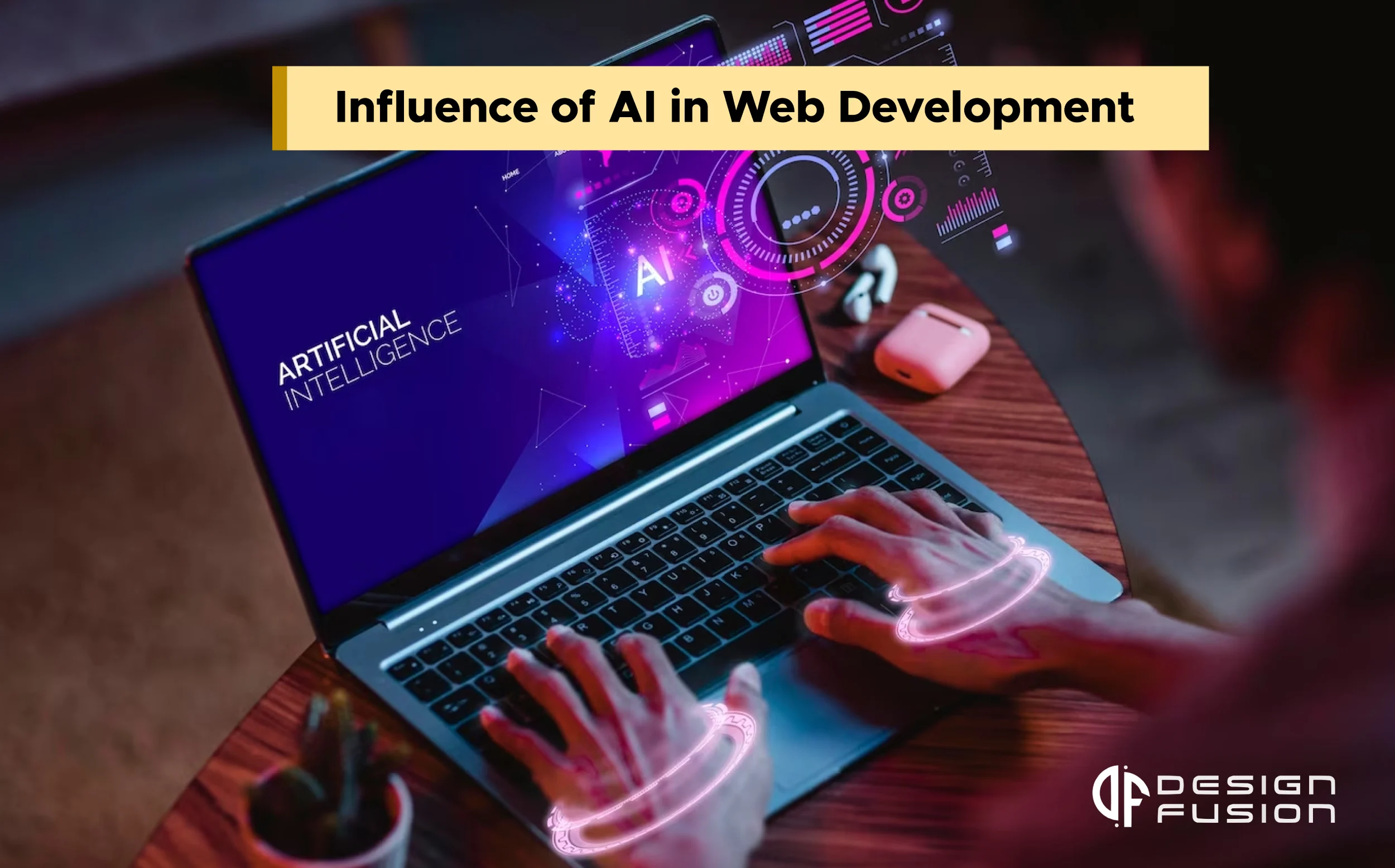In the ever-evolving world of technology, the fusion of artificial intelligence (AI) and web development has ushered in a new era of innovation. AI, with its ability to mimic human intelligence, has significantly transformed various industries, and website development is no exception. In this blog, we will explore the profound impact of artificial intelligence on website development, including website design and web development, and how it is shaping the digital landscape.
Enhanced User Experience

User experience (UX) has become the cornerstone of successful web development, and artificial intelligence has played a pivotal role in elevating it to new heights. The ability to provide users with a seamless, personalized, and engaging journey on a website is the holy grail of web development, and AI has opened doors to achieving just that. From e-commerce to content-driven websites, the impact of AI on user experience cannot be overstated.
AI has bestowed websites with the capability to offer personalized content to users on a scale that was once unimaginable. By analyzing user data and behavior, AI algorithms can discern individual preferences, browsing histories, and interactions with the site. This information is then harnessed to curate a unique experience for each user. For example, a news website can present articles tailored to a reader’s interests or an e-commerce platform can recommend products based on past purchases. This level of personalization not only keeps users engaged but also significantly enhances the chances of conversion.
The responsive and adaptive design is another pivotal aspect of user experience that AI has revolutionized. With the myriad of devices and screen sizes available today, ensuring a consistent and pleasing user experience across all platforms is a complex task. AI-driven design tools are adept at analyzing the device being used, the screen size, and even user preferences to dynamically adjust layouts and content. This ensures that the website not only looks good but functions optimally on any device. Moreover, these AI tools can automate repetitive design tasks like resizing images and adjusting fonts, freeing up web designers to focus on the creative aspects of design. This not only saves time but also maintains a cohesive design language throughout the website.
Real-time interactions have been drastically improved by AI through the implementation of chatbots. These AI-powered chatbots offer immediate responses to user queries and provide assistance, essentially functioning as virtual customer service representatives. They can understand natural language, provide instant answers, and guide users through the website. This not only accelerates user interactions but also leads to a seamless and efficient user experience, making it more likely for visitors to engage with the site. Whether it’s answering frequently asked questions or helping users navigate complex processes, AI chatbots are invaluable in providing top-tier user experiences.
In conclusion, the impact of artificial intelligence on enhancing user experience in web development is profound. Through personalized content, responsive design, and real-time interactions, AI has fundamentally changed the way websites engage with their visitors. The ability to provide tailored experiences that cater to individual preferences and devices not only keeps users satisfied but also boosts conversion rates. As the web development landscape continues to evolve, integrating AI into the toolbox becomes not just an option but a necessity to meet the increasingly sophisticated demands of today’s digital audience.
Responsive Website Design

In the dynamic world of web development, responsive website design stands as an essential pillar, ensuring that websites adapt seamlessly to a multitude of devices and screen sizes. Artificial intelligence (AI) has played a transformative role in taking responsive design to the next level, making it more intuitive and efficient than ever before.
AI-driven responsive design tools have the remarkable ability to analyze a wide array of data points, including the type of device being used, screen size, and user preferences. This analysis serves as the foundation for creating layouts that adjust dynamically, optimizing the website’s appearance and functionality for each user. Whether someone is accessing a website on a desktop computer, smartphone, or tablet, they can expect a visually appealing and user-friendly experience. Gone are the days of pinching and zooming to navigate a non-optimized website on a mobile device, thanks to AI.
Moreover, AI’s role in automating design tasks has been a game-changer for web designers. Designing for various screen sizes and resolutions can be a time-consuming and meticulous process. AI tools step in to automate these repetitive tasks, such as resizing images, adjusting fonts, and optimizing layout elements. This not only streamlines the design process but also maintains design consistency, ensuring that a website looks polished and professional, no matter how it’s accessed.
The impact of AI on responsive design isn’t limited to the aesthetics. It also extends to user experience. AI algorithms can analyze user interactions with a responsive design, identifying which layouts and content elements perform best on various devices. This data-driven approach empowers web designers to make informed decisions on how to improve the responsive design further, aligning it more closely with user preferences.
AI has enabled the development of chatbots, which, in the context of responsive design, can ensure that users have a smooth experience on a website. For instance, if a user is navigating a complex product catalog on their smartphone, a chatbot can provide real-time assistance, guiding them through the process seamlessly. This integration of AI-driven chatbots with responsive design offers an added layer of usability and convenience, enhancing the overall experience for users across different devices.
In conclusion, the synergy between artificial intelligence and responsive website design is transforming the way websites adapt to the diverse array of devices in today’s digital landscape. AI-driven tools analyze user preferences and device specifics to generate layouts that are not only visually appealing but also functional on any screen. Moreover, the automation of design tasks and data-driven insights make responsive design more efficient and user-centric. As the digital world continues to evolve, AI will continue to play a pivotal role in ensuring that websites are accessible and enjoyable on a multitude of devices, ultimately enhancing user experiences
SEO Optimization

Search Engine Optimization (SEO) is the driving force behind a website’s visibility and success in the digital realm. With the ever-changing algorithms of search engines like Google, staying on top of SEO best practices can be a challenge. Artificial intelligence (AI) has emerged as a powerful ally in this quest, revolutionizing the world of SEO optimization.
One of the most profound ways AI impacts SEO is through data analysis. AI algorithms have the ability to process vast amounts of data quickly, allowing for in-depth keyword analysis, trend identification, and competitor research. This data-driven approach enables web developers and SEO experts to make informed decisions regarding website content, structure, and marketing strategies.
AI-powered SEO tools can perform tasks such as automatic keyword research and content optimization. By analyzing user search patterns and competition, these tools recommend relevant keywords and keyword variations to include in website content. This not only ensures that the content aligns with what users are searching for but also increases the website’s chances of ranking higher in search engine results.
Furthermore, AI can play a significant role in on-page SEO optimization. It can automatically generate meta tags, optimize images, and enhance page loading times, all of which are crucial factors in SEO ranking. AI tools help web developers and SEO professionals make these optimizations more efficiently, saving time and resources.
Content creation is another area where AI shines in SEO optimization. AI-powered content generation tools can create high-quality, relevant content quickly. While they may not replace human creativity entirely, they are particularly useful for generating routine and repetitive content. Whether it’s product descriptions, blog posts, or news articles, AI can generate text that is not only grammatically correct but also optimized for search engines.
AI also plays a role in real-time SEO analysis and monitoring. It can identify potential issues such as broken links, missing meta tags, or slow-loading pages. These insights are crucial for maintaining a high SEO ranking and providing a smooth user experience.
In summary, AI has brought a new dimension to SEO optimization in web development. With its data analysis capabilities, AI provides insights into keyword research, on-page optimization, and content creation. AI tools streamline SEO tasks, making it more efficient and accessible for web developers and SEO experts. As search engine algorithms continue to evolve, integrating AI into SEO strategies is not just a trend but a necessity to ensure that websites rank well in search results and remain competitive in the digital landscape.
Content Creation

Content creation is at the heart of the digital world, driving websites, blogs, and social media platforms. High-quality content engages, informs, and converts visitors, making it a critical element of web development. Artificial intelligence (AI) has ushered in a new era of content creation, offering innovative solutions to streamline the process and enhance the quality of content.
One of the most remarkable ways AI impacts content creation is by generating high-quality, relevant content quickly. AI-powered content generation tools are equipped with natural language processing (NLP) algorithms that enable them to understand and mimic human language effectively. This means they can write articles, product descriptions, blog posts, and other text-based content that is not only grammatically correct but also contextually relevant.
AI content generation tools can be especially useful for creating routine and repetitive content. For instance, e-commerce websites can use AI to generate product descriptions for a large catalog of items, saving significant time and resources. Bloggers can utilize AI to brainstorm article ideas and even generate draft content to kickstart their writing process.
However, it’s important to note that AI doesn’t replace the need for human creativity and insight in content creation. AI-generated content often requires human oversight and editing to ensure accuracy and align with the brand’s voice and style. Content creators can collaborate with AI to enhance their productivity rather than being replaced by it.
Predictive Analytics

Artificial Intelligence (AI) is fundamentally transforming the landscape of web development, influencing every facet of website creation and user experience. AI-powered tools and algorithms are revolutionizing the way we design, optimize, and personalize websites. Through the analysis of vast datasets, AI can understand user behaviors, preferences, and trends, which is pivotal in enhancing user experiences. With responsive design capabilities, AI ensures websites are visually and functionally seamless across various devices, from smartphones to desktops. SEO optimization is more efficient and precise, thanks to AI’s ability to analyze keywords and competition, driving websites to higher search engine rankings. Moreover, AI-driven content creation tools assist web developers in producing relevant, high-quality content more efficiently. Predictive analytics powered by AI provide insights into user trends and potential issues, enabling data-driven decisions that improve website performance and user engagement. Furthermore, AI contributes to real-time security by detecting and mitigating threats swiftly, fortifying websites against vulnerabilities. In this era of rapidly evolving digital landscapes, the integration of AI into web development isn’t just a choice—it’s a necessity to remain competitive, responsive to user needs, and secure in an ever-changing online world.
Conclusion
In the ever-evolving realm of web development, artificial intelligence has solidified its status as an indispensable tool. AI’s influence resonates across various facets of website development, from user experience and responsive design to SEO optimization and content creation. The ability of AI to personalize content and streamline user interactions has significantly elevated the quality of user experiences, enhancing engagement and conversion rates. Responsive and adaptive design, underpinned by AI-driven tools, ensures websites look and function optimally across a spectrum of devices. AI’s prowess in SEO optimization lies in data analysis and automated on-page optimization, catapulting websites to higher search engine rankings. Moreover, AI-driven content generation tools are revolutionizing the content creation process, with the capacity to produce high-quality, contextually relevant content efficiently. Embracing these AI-driven innovations is no longer a choice but a necessity for web developers seeking to create websites that are not just competitive but excel in the dynamic digital landscape.


